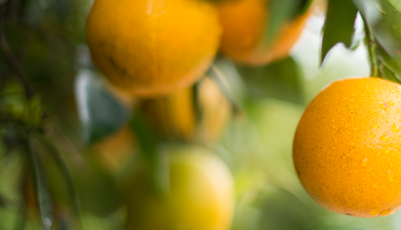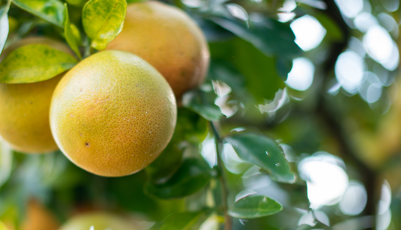
Florida Orange Juice
FloridaCitrus.ca/ojAccess nutrition information, recipes, and Florida Orange Grower profiles.

Florida Grapefruit
FloridaCitrus.ca/grapefruitAccess nutrition information, recipes, and Florida Grapefruit Grower profiles.

Access nutrition information, recipes, and Florida Orange Grower profiles.

Access nutrition information, recipes, and Florida Grapefruit Grower profiles.